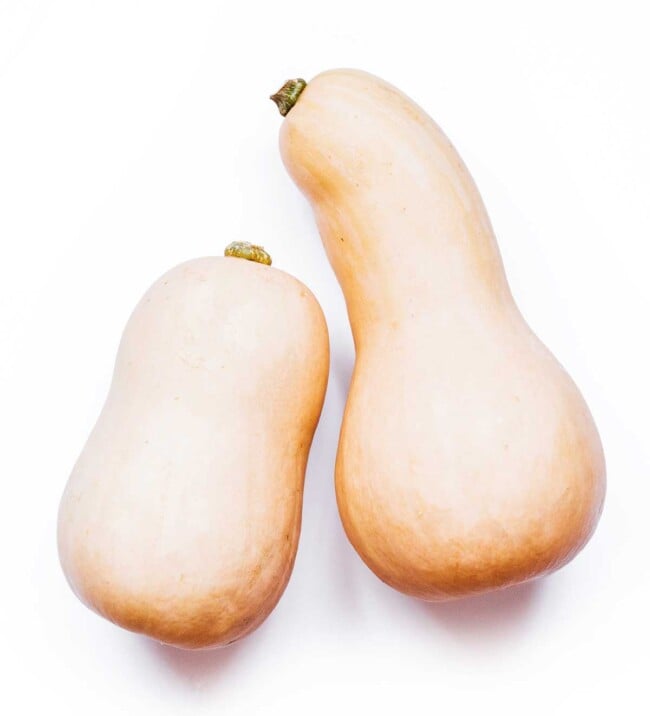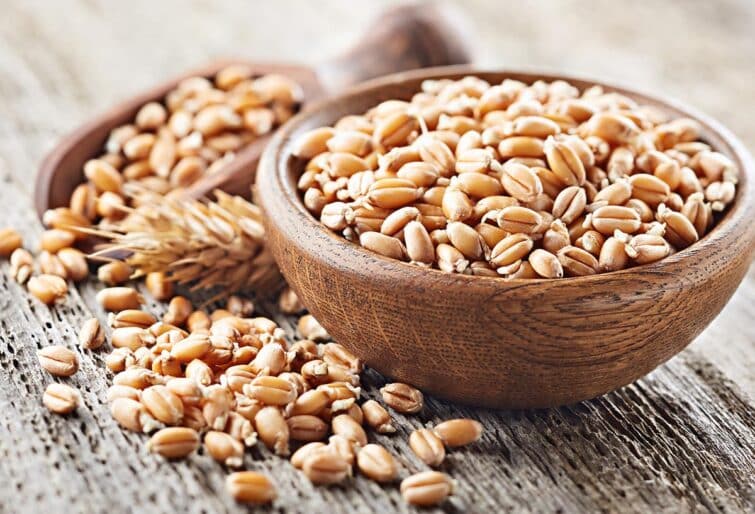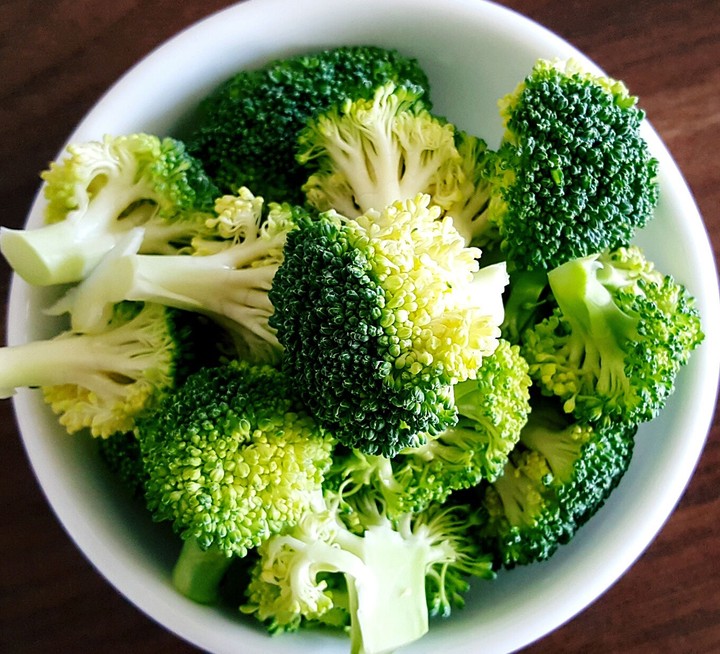Top 10 Sources Of Vitamin E For Vegetarians

Maintaining a well-balanced vegetarian diet requires careful attention to ensure that all essential nutrients are adequately obtained. One such nutrient that plays a vital role in supporting overall health and well-being is vitamin E. As an antioxidant, vitamin E protects our cells from oxidative damage, supports the immune system, and contributes to healthy skin and eyes. While it is commonly associated with animal-based sources like eggs, dairy, and fish, vegetarians can readily meet their vitamin E requirements through a variety of plant-based foods.
In this article, we will explore the top 10 sources of vitamin E specifically tailored for vegetarians. By incorporating these foods into your diet, you can ensure a sufficient intake of this essential nutrient without compromising your dietary choices. From nuts and seeds to leafy greens and fruits, there is a wide range of vitamin E-rich options that can be enjoyed in various delicious and creative ways.
The inclusion of these vitamin E sources in your vegetarian diet not only provides the necessary nutrient but also offers additional health benefits. Many of these foods are rich in other essential nutrients such as fiber, healthy fats, vitamins, and minerals, further enhancing their overall nutritional value.
Whether you are a vegetarian or simply looking to increase your vitamin E intake from plant-based sources, this article will serve as a comprehensive guide to help you make informed dietary choices. By diversifying your food choices and incorporating these vitamin E sources into your meals and snacks, you can support optimal health and well-being while enjoying a delicious and fulfilling vegetarian lifestyle.
Top 10 Sources of Vitamin E for Vegetarians
- Almonds
- Sunflower Seeds
- Spinach
- Swiss Chard
- Avocado
- Butternut Squash
- Olive Oil
- Wheat Germ
- Hazelnuts
- Broccoli
1. Almonds

Almonds are a nutrient-dense nut that tops the list of vitamin E-rich foods. Just a handful of almonds can provide a significant amount of vitamin E, making them an excellent choice for vegetarians. Additionally, almonds are rich in healthy fats, fiber, and other essential nutrients. They can be enjoyed as a snack or incorporated into various dishes like salads, stir-fries, or baked goods.
2. Sunflower Seeds

READ ALSO » Top 10 Most Happiest Countries In The World
Sunflower seeds are not only delicious but also a great source of vitamin E for vegetarians. These small seeds are packed with nutrients, including vitamin E, healthy fats, and minerals like magnesium and selenium. You can snack on them raw or roasted, sprinkle them over salads, or add them to homemade granola or trail mix for a boost of vitamin E and a satisfying crunch.
3. Spinach

Spinach is a versatile leafy green vegetable that offers numerous health benefits, including being a rich source of vitamin E. Incorporating spinach into your diet can help you meet your daily vitamin E needs while providing additional vitamins, minerals, and dietary fiber. Enjoy spinach in salads, sautéed as a side dish, or blended into smoothies for a nutritious and vitamin E-packed meal.
4. Swiss Chard

Swiss chard, another leafy green, is an excellent source of vitamin E for vegetarians. This vibrant vegetable is not only rich in vitamin E but also provides vitamins A and C, iron, and potassium. Include Swiss chard in your diet by sautéing it with garlic and olive oil, adding it to soups or stews, or incorporating it into your favorite pasta dishes.
5. Avocado

Avocado, often referred to as a superfood, is a creamy fruit loaded with heart-healthy monounsaturated fats, fiber, and essential vitamins and minerals, including vitamin E. Incorporate avocados into your diet by enjoying them in salads, spreading them on toast, or blending them into smoothies for a delicious and nutritious vitamin E boost.
6. Butternut Squash
Butternut squash is a winter squash variety that is not only flavorful but also an excellent source of vitamin E for vegetarians. Its vibrant orange flesh indicates high levels of beta-carotene, which the body converts to vitamin A, providing additional health benefits. Roast butternut squash, use it in soups or stews, or mash it as a nutritious side dish to reap its vitamin E rewards.
7. Olive Oil

Olive oil, a staple in the Mediterranean diet, is not only a healthy source of monounsaturated fats but also a good provider of vitamin E. Incorporating olive oil into your cooking and salad dressings can boost your vitamin E intake. Ensure you choose extra virgin olive oil for maximum nutritional benefits.
8. Wheat Germ

Wheat germ is the nutrient-rich embryo of the wheat kernel and a concentrated source of various nutrients, including vitamin E. It is commonly used as a topping for cereals, yogurt, or smoothie bowls, providing a crunchy texture and a vitamin E boost. Additionally, wheat germ can be used in baking as a nutritious addition to bread, muffins, or homemade granola bars.
9. Hazelnuts

READ ALSO » Top 10 Cheapest Cities In The US
Hazelnuts are not only a delicious nut but also a great source of vitamin E for vegetarians. These nuts are packed with healthy fats, fiber, and a range of essential nutrients. Enjoy hazelnuts as a snack, use them in baking recipes, or add them to salads and stir-fries to enhance the flavor and increase your vitamin E intake.
10. Broccoli

Broccoli, a cruciferous vegetable, is not only a nutritional powerhouse but also a source of vitamin E. This versatile vegetable is packed with vitamins, minerals, and dietary fiber, making it a great addition to a vegetarian diet. Enjoy broccoli steamed, roasted, or stir-fried as a side dish or incorporate it into soups, salads, or pasta dishes to reap its vitamin E benefits.
In conclusion, obtaining an adequate amount of vitamin E is essential for overall health and well-being. Vegetarians can easily meet their vitamin E needs by incorporating a variety of plant-based foods into their diet. Almonds, sunflower seeds, spinach, Swiss chard, avocado, butternut squash, olive oil, wheat germ, hazelnuts, and broccoli are excellent sources of vitamin E that can be enjoyed in various ways. By including these foods in your meals and snacks, you can ensure a sufficient intake of vitamin E while reaping the additional health benefits these nutrient-rich foods offer.
